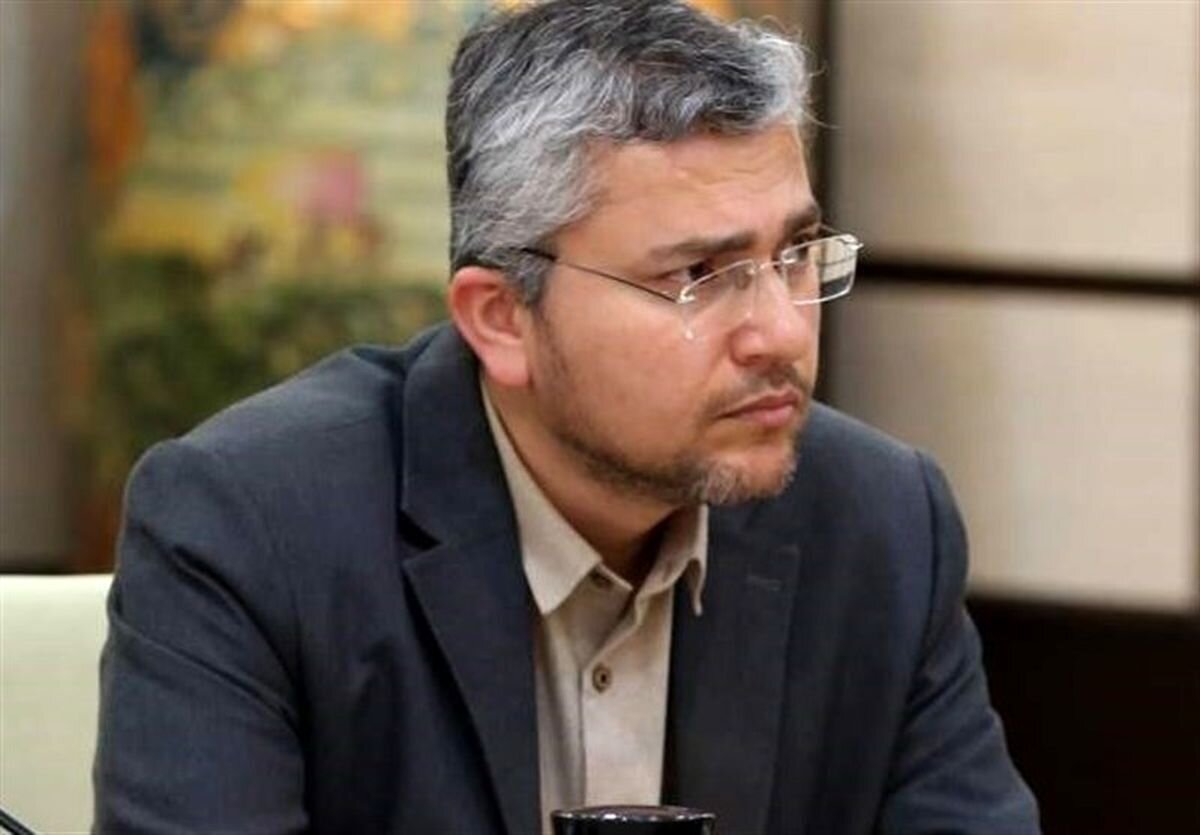90% enrichment, NPT withdrawal among Iran’s options if snapback is activated, MP warns

TEHRAN – Ebrahim Rezaei, spokesperson for Iran’s Parliament National Security and Foreign Policy Commission, declared Saturday that the Islamic Republic already operates under conditions equivalent to an activated snapback mechanism, dismissing European threats as inconsequential.
In an interview, Rezaei stated that Tehran may consider countermeasures—including withdrawing from the Nuclear Non-Proliferation Treaty (NPT) and enriching uranium to 90%—if Western powers formally impose sanctions.
"Sanctions reimposed after the U.S. quit the JCPOA were maximum and comprehensive. Formal activation of this mechanism will not meaningfully change the country’s situation, " said the lawmaker.
He also emphasized that threatening to revert Iran’s file to Chapter VII of the UN Charter and refer it to war is a repetitive and ineffective threat. "The country has previously faced direct attacks on military centers and has experienced military confrontation," Rezaei said.
Referring to the U.S.-Israeli 12-day war on Iran, he said that "experience proves that preserving national interests relies solely on maintaining power and deterrence capability, adding that “with effective counteraction, enemies will refrain from repeating past hostilities."
The lawmaker’s remarks respond to a July 17 joint statement by France, Germany, and the UK (E3) threatening to activate Resolution 2231’s snapback clause by late August “unless Iran returns to nuclear talks.” The mechanism would automatically restore all pre-2015 UN sanctions within 30 days.
Iranian Foreign Minister Abbas Araghchi swiftly rebuffed the threat. In a call with E3 diplomats, he condemned their "worn-out policies of threat and pressure," stressing that the U.S.-Israeli attacks on Iran’s safeguarded nuclear facilities had obliterated the snapback’s legal and moral foundations.
"Talks are possible only when the other side seeks a fair deal," he posted on X.
Foreign Ministry spokesman Esmaeil Baqaei echoed this, vowing a "proportionate response" to any sanction revival.
Why Snapback is meaningless at the moment
The U.S.-Israeli airstrikes on Iran’s civilian nuclear sites fundamentally altered the JCPOA’s context, rendering snapback an anachronism.
With Natanz and Fordow damaged, the nuclear infrastructure the mechanism was meant to regulate no longer exists in its prior form.
Some analysts invoke the Vienna Convention’s rebus sic stantibus principle—when circumstances fundamentally change, treaty obligations adjust, leaving snapback as mere legal theater.
Europe’s failure to condemn strikes that are considered violations of jus cogens norms cost the E3 their status as “participants” under UN Security Council Resolution 2231, a prerequisite for triggering snapback. Thus, by greenlighting the bombing of the very sites the deal governed, Europe forfeited its legal standing.
Additionally, any reimposed sanctions would require a new Security Council resolution to lift them—vulnerable to Russian or Chinese vetoes—meaning Europe could trigger snapback but remain powerless to reverse it, effectively sidelining the E3 in future negotiations.
Leave a Comment